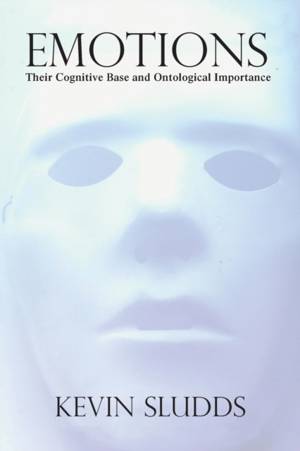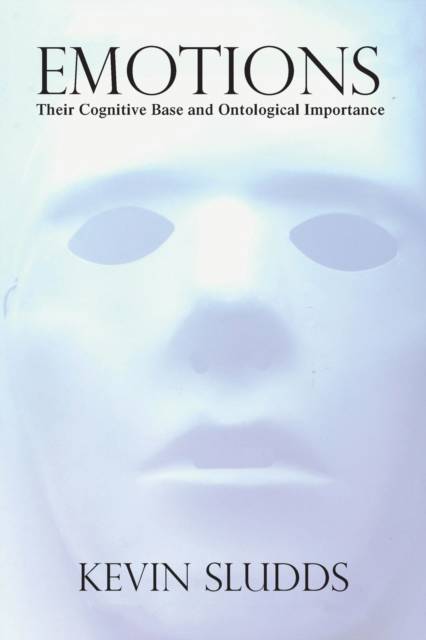
- Afhalen na 1 uur in een winkel met voorraad
- Gratis thuislevering in België vanaf € 30
- Ruim aanbod met 7 miljoen producten
- Afhalen na 1 uur in een winkel met voorraad
- Gratis thuislevering in België vanaf € 30
- Ruim aanbod met 7 miljoen producten
Zoeken
€ 77,45
+ 154 punten
Omschrijving
In this study of emotions and moods the author discusses both analytic and continental traditions of philosophy. He starts by examining critically the influential hybrid cognitive theory (in particular William Lyons's causal-evaluative theory), describing its merits but also elucidating a number of fundamental defects that exist in this account. He goes on to detail Martin Heidegger's description of mood in Being and Time as pre-cognitive and pre-moral, defending it from those who attempt to attribute a cognitive dimension to it.
The book highlights the significance of connections or bonds in our affective lives, at the ontic as well as ontological levels, by examining three specific emotions; grief, guilt and objectless fear. One of the study's principal achievements is the demonstration that there is much to be gained from both the analytic and continental traditions of philosophy in furthering our understanding of emotion and mood analysis. In particular, it shows how our understanding of guilt and objectless fear can be deepened when assessed in Heideggerian terms.
The book highlights the significance of connections or bonds in our affective lives, at the ontic as well as ontological levels, by examining three specific emotions; grief, guilt and objectless fear. One of the study's principal achievements is the demonstration that there is much to be gained from both the analytic and continental traditions of philosophy in furthering our understanding of emotion and mood analysis. In particular, it shows how our understanding of guilt and objectless fear can be deepened when assessed in Heideggerian terms.
Specificaties
Betrokkenen
- Auteur(s):
- Uitgeverij:
Inhoud
- Aantal bladzijden:
- 218
- Taal:
- Engels
Eigenschappen
- Productcode (EAN):
- 9783039114054
- Verschijningsdatum:
- 2/12/2008
- Uitvoering:
- Paperback
- Formaat:
- Trade paperback (VS)
- Afmetingen:
- 152 mm x 229 mm
- Gewicht:
- 299 g

Alleen bij Standaard Boekhandel
+ 154 punten op je klantenkaart van Standaard Boekhandel
Beoordelingen
We publiceren alleen reviews die voldoen aan de voorwaarden voor reviews. Bekijk onze voorwaarden voor reviews.











